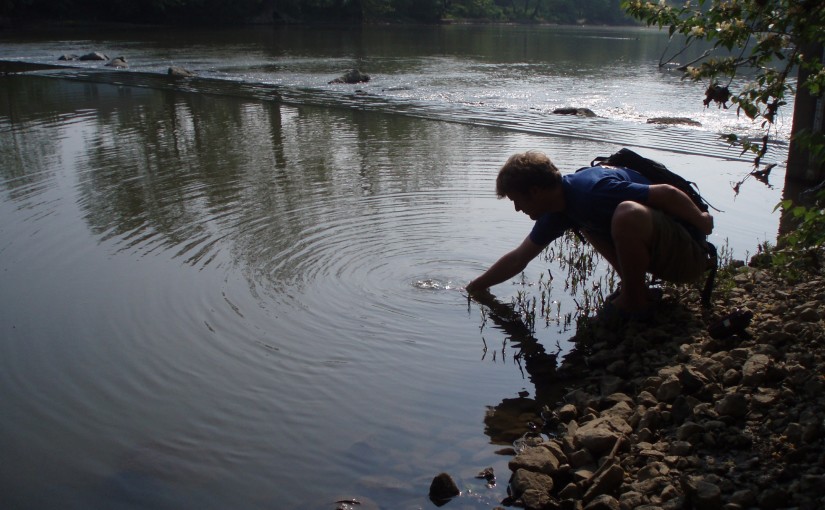The pedagogical strategy for achieving the transformation from expository to active learning laboratory instruction while also broadening participation in undergraduate research has centered on the development, testing, implementation, transfer and dissemination of Research Modules in 1st and 2nd year chemistry courses.
Research Modules have been developed in three areas: biological/organic, environmental/analytical and materials/inorganic chemistry. Across these disciplines there are several common characteristics of Research Modules and their use:
1) Usually 3-5 weeks of traditional laboratory instruction is replaced by a research module, 2) modules emphasize student ownership of a research project (the student’s ideas are important!), 3) student research contributes to an overarching research theme that is informed by an authentic research program (the research results are “real science”!), 4) students work with classmates in small groups and receive expert instruction from instructors, teaching assistants, peer-mentors, 5) hands-on experience with modern instrumentation, 6) students summarize their findings in research papers, oral presentations, or poster sessions, 7) students may have the opportunity to continue with research and present their work at science symposia.
Research Module Design Considerations
To be successful Research Modules designers needed to attend to several questions: Is the module practical (i.e. are the costs, waste, manpower and instrumentation demands reasonable and sustainable), research-orientated (do the experiments lead to the generation of new results and knowledge), educational (does the content reinforce the existing material and foster critical thinking skills), and motivational (do students get excited about the research and develop a sense of ownership of the project)?
The faculty and staff involved in REEL have welcomed the challenge of including authentic research in introductory courses. At almost all of the REEL institutions, Research Modules reflect the interests of the course instructor. Research Modules work best when the research projects of the instructor are aligned with the student’s research questions; with students generating new knowledge and contributing to authentic research, faculty members have a stronger motivation to see student projects to completion. This is one reason REEL has been so successful generating and communicating new chemical knowledge.

